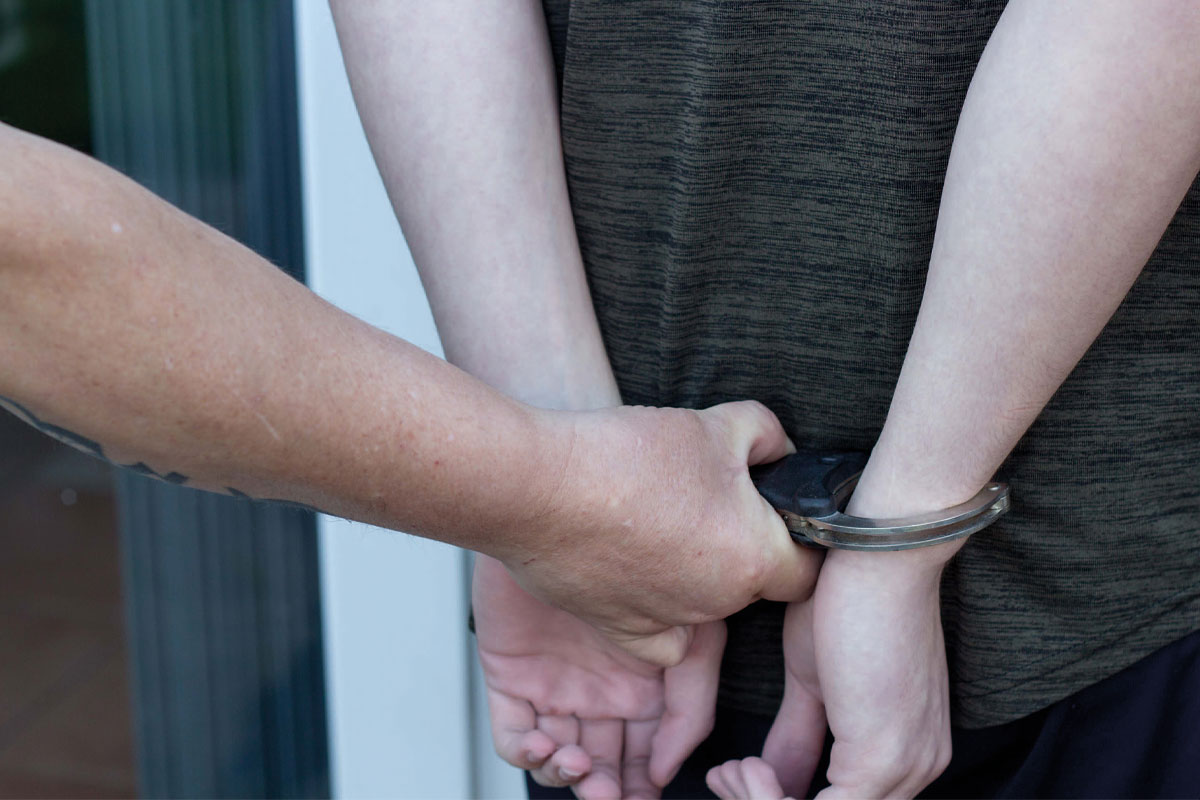Past convictions can be a sticking point in applications

By Jack Cummins
LICENSING law is scattered with traps for the unwary – but there’s one tricky part of the legislation that’s apt to land licence holders and applicants in very hot water.
The Licensing (Scotland) Act 2005 makes provision for “relevant offences” and “foreign offences” which come into play in several situations.
If you’re applying for a premises licence or a personal licence (or the renewal of the latter) you must disclose any of these offences which are not “spent”. And if you hold either of these licences there’s a duty to inform the licensing board if you are convicted of such an offence.
There are considerable challenges here. In the first place, whether an offence is relevant or not depends on whether it’s set out in the Licensing (Relevant Offences) (Scotland) Regulations 2007.
The list of offences – 50 in total – is oddly eclectic.
For example, driving a vehicle with an alcohol concentration above the prescribed limit is a “relevant offence”; but the offence of failing to provide a breath specimen for analysis can be disregarded.
A “foreign offence” means an offence falling outwith the law of Scotland but which is “similar in nature” to a relevant offence.
So, if you fail the breathalyser test while on holiday in Spain, for the purposes of disclosure the offence might as well have occurred in this country.
Take a company holding licences in Scotland and England. A “slip and trip” offence in an English outlet incurred under the Health and Safety at Work etc Act 1974 is a “relevant offence” – that Act forms part of Scots law. In the result, it’s something licensing boards must be told about, although the offence may have little bearing on the company’s licence holding.
Then, in relation to a premises licence, the Act’s requirements extend beyond the holder to any “connected person”. While the full scope of that expression defies easy comprehension, there are clear examples. If the licence is held by a limited company, a director of the company will be a connected person.
In the case of a partnership, a partner falls into that category, as does a club’s office bearer. And failure to notify a conviction is itself a relevant offence – a double whammy if you like.
As if this wasn’t complicated enough, there’s also the question as to when a conviction can be ignored.
Currently, a conviction is to be disregarded if it’s “spent” by virtue of the Rehabilitation of Offenders Act 1974.
Let’s say you’ve been handed a fine for a relevant offence. If you decide to carry out your own enquiry as to whether it’s spent, the chances are you’ll fall into a trap.
A web search is likely to suggest that the “rehabilitation period” is one year, previously five years, belatedly bringing Scotland into line with the law south of the border from 30th November 2020.
You’ll also discover that an admonishment or absolute discharge no longer require disclosure.
But that research will lead you up the garden path because, lurking in the legislation jungle, there’s the Management of Offenders (Scotland) Act 2019 (Commencement No. 4 and Saving Provision) Regulations 2019.
The effect of the Regulations is to cancel the shorter rehabilitation periods for liquor licensing purposes for the time being, so that the longer periods still apply.
The changes will only take effect when another legislative provision is eventually triggered (on a date presently unknown), allowing licensing boards to look at spent convictions. The ultimate result has an odd look.
A relevant conviction attracting a fine, for example, will be spent after 12 months, but a licensing board could potentially look at such a conviction even if it was ten years old.
It’s a legislative labyrinth, for sure, but there’s a central message.
If you hold, or are applying for, a premises licence or personal licence and you have a conviction of whatever age and nature, it’s vital that you seek expert legal advice.























